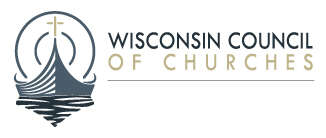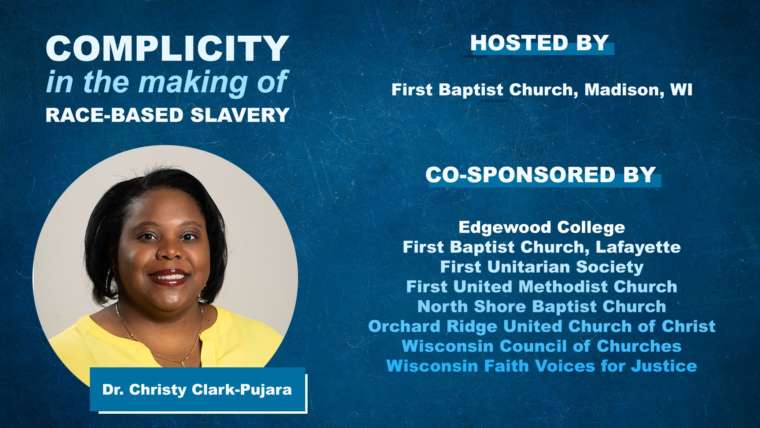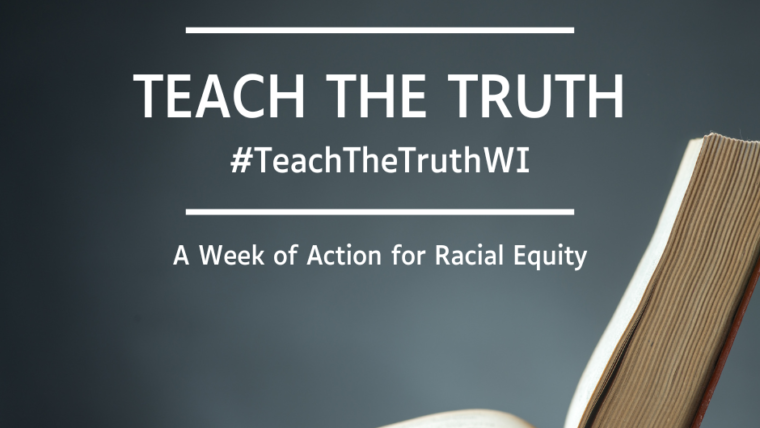Kids, Man
The Why, How, and Hoo Boy of COVID and RSV shots for children
We have a couple of mothers of very young children on staff at the WCC. They asked me an important question the other day: What is it with COVID booster shots for kids? They’re difficult enough to find for preschoolers and up. It’s harder still to find doses for infants. And many pharmacies aren’t able to administer doses for children 3 and younger. (Doing so requires certification that most pharmacists don’t have.)
Meanwhile, there’s a lot of messaging encouraging COVID vaccination and boosting for children. So what gives?
Why
Let’s review some of the facts before we answer that question.
- Kids over the age of 6 months can and should get COVID shots as appropriate. So can pregnant people, which helps to protect children younger than 6 months.
- COVID vaccines are safe and effective, even for people with underlying medical conditions.
- It’s particularly important to vaccinate very young children and children with disabilities. Infants are the most likely population to be hospitalized from COVID. That’s even though most of those hospitalized have no underlying conditions. Kids of any age with any kind of disability have poorer health outcomes across the board. They need as much protection as possible.
- Kids can get COVID and flu shots at the same time, and parents should also get vaccinated.
I want to stress the “why” here for a simple reason. Only 34% of parents in a recent survey said they intended to get their infants, toddlers or preschoolers boosted. That’s a problem. It makes outcomes for the kids worse and does nothing to prevent the spread of the disease.
How
The American Academy of Pediatrics and Wisconsin DHS have good explainers about the new vaccines for kids. Or, as always, consult with your pediatrician or health provider.
But the $64,000 question is: Where can we get these shots? It’s imperfect (we’ll get into that below), but at the moment, your best bet is to check the Vaccines.gov website. Be sure to select the right age range and ability to vaccinate for infants! Because of the challenges, you should also check with your primary care provider if you’re not eligible to receive vaccines through a public health department.
Hoo Boy
The rollout of the new COVID vaccines has been slow and uneven. Manufacturers put adult doses first, leaving medications for infants in particularly short supply.
There are payment issues as well. Physicians and other providers have to pay for vaccines upfront. They worry about wasted doses, especially because insurers haven’t worked through reimbursement rates.
Meanwhile, the supply chain issues have led to a lot of confusion. Pediatricians and pharmacies often don’t know when they’ll have doses available. Providers listed on Vaccines.gov sometimes don’t have the new shots. That leaves parents to scramble to find someone who does. “Parents through Covid are immensely on their own,” according to one mother.
I don’t mean to discourage here, particularly not from using the Vaccines.gov locator. It’s a great tool for adults, and a valuable starting point for parents. The state of Wisconsin still recommends it to parents.
We do need to be realistic about the challenges facing parents. At the moment, they’re getting lots of messaging about getting kids vaccinated. At the same time, they’re no doubt hearing that peers aren’t bothering. They also have to work hard to find shots without a timetable for when they’ll become available.
Parents need to hear the message of persistence — and they need support to keep going.
Another thing to consider: This situation is largely the result of handing over the rollout to America’s vastly decentralized and profit-driven healthcare system. I have every confidence that these issues will resolve over time. But in the short run, the process has been almost arbitrary. It is certainly not well-directed toward those in most need.
I offer that comment not to point a finger at any one person or group of people. It’s just that the way we do things as a nation is often imperfect. That would be one thing, but the imperfection often puts vulnerable people at risk. Christians should bear witness that we have a long ways to go before the Divine Healer’s vision of health for all comes to pass. We should pray for the Holy Spirit to goose us along, as mothers so often do.
One last word. Everything I’ve said above about COVID is also true for RSV vaccinations for infants. That’s led the CDC to take a more assertive role in coordinating its distribution.
The Links
- Things are relatively quiet on the respiratory illness front. COVID hospital admissions are low for almost all of Wisconsin, and the CDC says we’re in the “minimal” zone for respiratory viruses. The only thing that gives me concern is COVID wastewater levels. I’ll keep any eye on that.
- At the same time, we are at the start of the respiratory illness season. Wisconsin Public Radio explains.
- This is a rather technical interview about two studies of the impact of COVID on immunocompromised individuals. But it has a rather simple upshot: vaccines are tremendously helpful, but they are not a cure-all. We need better ways of protecting people with challenged immune systems.
- Paxlovid is going to the commercial market next year.




